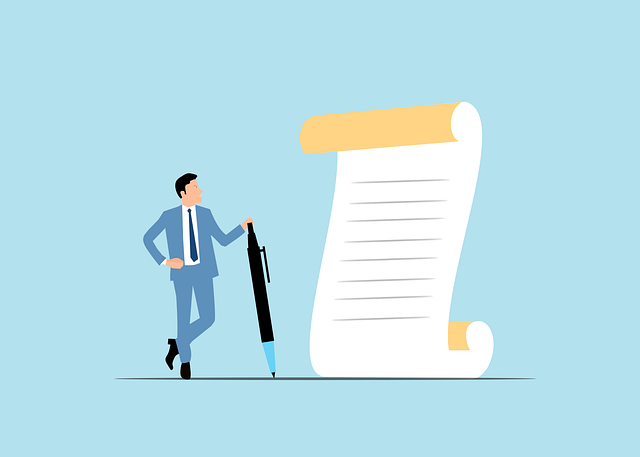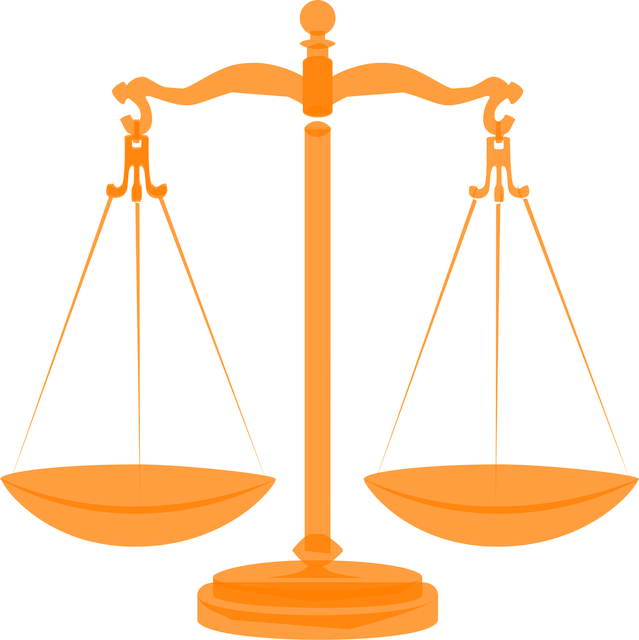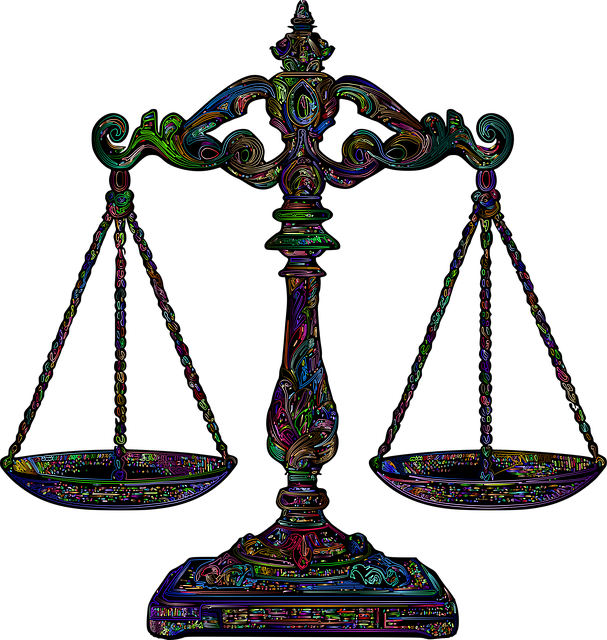Evaluating damages is crucial in personal injury cases, categorizing losses into economic (medical bills, property repairs) and non-economic (pain & suffering, emotional distress). Attorneys meticulously document and present these to ensure fair compensation through negotiation or settlement, which offers faster financial relief than trial. Personal injury case results vary widely based on liability, injury severity, and damages, with experienced attorneys playing a pivotal role in navigating complexities and advocating for clients' rights.
In the complex world of personal injury law, understanding case outcomes is paramount for both plaintiffs and defendants. This article guides you through the intricate process of evaluating damages, negotiating settlements, and comprehending verdicts in personal injury cases. From assessing compensatory and punitive damages to navigating trial strategies, we demystify key aspects that influence personal injury case results. By the end, you’ll be equipped with insights to make informed decisions and better navigate this legal landscape.
- Evaluating Damages in Personal Injury Cases
- Negotiation and Settlement Process Overview
- Understanding Verdicts and Trial Outcomes
Evaluating Damages in Personal Injury Cases

Evaluating damages in personal injury cases is a crucial step in determining the successful outcomes and results for plaintiffs. This process involves assessing both economic and non-economic losses incurred due to the accident. Economic damages refer to tangible costs such as medical bills, lost wages, and property damage repairs. In contrast, non-economic damages encompass more subjective elements like pain and suffering, emotional distress, and loss of quality of life.
When it comes to personal injury case results, a car accident lawyer Boca Raton or a Miami auto accident attorney will meticulously document and present these damages to ensure fair compensation. Employment disputes, too, often involve damage evaluations, where legal professionals calculate lost opportunities, discrimination-related losses, and other workplace-related harms. The key is to present compelling evidence and arguments to support the claim, leaving no room for ambiguity in the final personal injury case outcomes.
Negotiation and Settlement Process Overview

Many personal injury cases are resolved through negotiation and settlement rather than going to trial. This process involves several steps where both parties (the plaintiff and defendant) aim to reach an agreement on a fair compensation amount for the harm caused. An experienced injury lawyer near me will guide their client throughout this journey, ensuring their rights are protected.
The initial stage includes exchanging information and documents related to the accident, followed by formal negotiations where lawyers present their arguments and evidence. If these discussions lead to an agreement, a settlement is reached, providing a certain amount of car accident compensation to the plaintiff. This outcome can often result in faster financial resolution for the victim while avoiding the lengthy and unpredictable process of trial.
Understanding Verdicts and Trial Outcomes

When it comes to understanding personal injury case results, knowing the potential outcomes of a trial is paramount. Verdicts in such cases can vary greatly, from small settlements for minor injuries to substantial damages awarded for serious or fatal accidents. The court’s decision is typically based on several factors, including liability, the extent of injuries, and economic and non-economic losses suffered by the plaintiff.
For instance, a case involving nursing home abuse might result in a verdict that compensates the victim for their physical and emotional pain, medical expenses, and loss of quality of life. The role of legal representation is crucial here; experienced attorneys can navigate complex legal procedures, present compelling evidence, and advocate for their clients’ rights, ultimately influencing the trial’s outcome.
Personal injury cases can have a profound impact on individuals’ lives, and understanding the potential outcomes is crucial. By evaluating damages, negotiating settlements, or facing verdicts at trial, victims can navigate their path to justice and compensation. This article has explored these key aspects, offering insights into how personal injury case results are determined. Familiarizing yourself with this process empowers you to make informed decisions, ensuring a favorable outcome in your pursuit of justice and fair compensation for your injuries.






